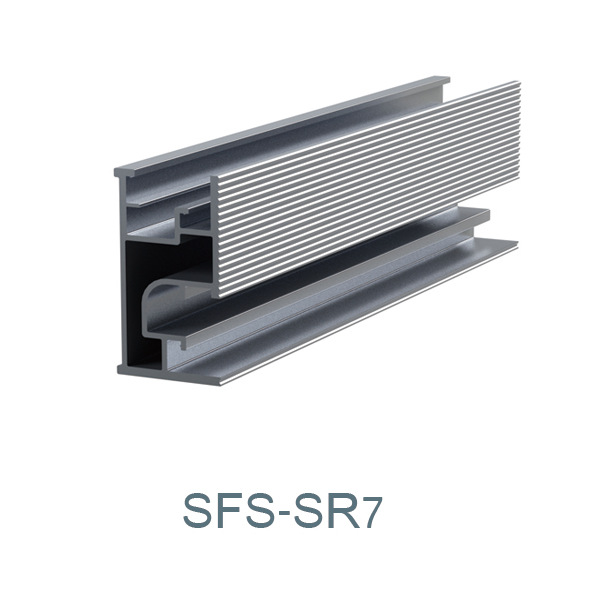

self tapping screws for grounding
พ.ย. . 13, 2024 07:34 Back to list
self tapping screws for grounding
Self-Tapping Screws for Grounding An Essential Component in Electrical Systems
In today's world, where technology dominates our daily lives, the importance of a reliable grounding system cannot be overstated. Grounding is crucial in electrical installations to ensure safety, prevent electrical shock, and protect equipment from surges. Among the various components that contribute to effective grounding systems, self-tapping screws play a vital role. This article explores the significance of self-tapping screws for grounding applications, their benefits, and best practices for installation.
What Are Self-Tapping Screws?
Self-tapping screws are fasteners designed to create their own threads when driven into materials. They eliminate the need for pre-drilling holes, making them particularly convenient for applications where speed and efficiency are critical. These screws often feature a sharp tip that aids in penetration and cutting through materials like metal, plastic, or wood.
In grounding systems, self-tapping screws are commonly used to secure grounding wires or rods to various surfaces, ensuring a solid electrical connection that reduces resistance and enhances safety.
Importance of Grounding in Electrical Systems
Grounding serves multiple purposes in electrical systems. Primarily, it provides a safe path for electricity to flow into the ground in the event of a fault, such as a short circuit. This helps prevent electrical shocks to individuals and minimizes the risk of electrical fires. Furthermore, effective grounding can protect sensitive electronic equipment from transient voltages and electromagnetic interference, improving overall system performance.
Advantages of Using Self-Tapping Screws for Grounding
1. Ease of Installation Self-tapping screws simplify the installation process. Without the need for pre-drilling, electricians can quickly secure grounding components, saving time and labor costs.
2. Strong Connections These screws provide a robust fastening method, ensuring that grounding connections remain secure over time. A stable connection is crucial in grounding applications, as loose connections can lead to increased resistance and potential points of failure.
3. Versatility Self-tapping screws can be used in various materials, making them flexible components in different grounding applications. Whether mounting a grounding rod to a concrete block or attaching a grounding wire to a metal panel, these screws adapt to diverse environments.
self tapping screws for grounding

4. Corrosion Resistance Many self-tapping screws are available with coatings or are made from corrosion-resistant materials, ensuring durability in outdoor or damp environments. This characteristic is particularly important in grounding applications, where exposure to moisture can lead to rust and degradation.
5. Cost-Effective The affordability of self-tapping screws contributes to overall cost savings in electrical installations, allowing projects to stay within budget while ensuring safety and compliance.
Best Practices for Using Self-Tapping Screws in Grounding Applications
To maximize the benefits of self-tapping screws in grounding systems, certain best practices should be followed
1. Choose the Right Size Selecting the appropriate screw size is essential for ensuring a secure connection. Screws that are too short may not penetrate deeply enough, while those that are too long could compromise the surrounding material.
2. Use Proper Torque Applying the right amount of torque during installation prevents stripping the screw or damaging the material. Using a torque wrench can help ensure consistent and secure fastening.
3. Ensure Clean Surfaces For optimal conductivity, it's essential to install self-tapping screws on clean surfaces. Dirt, paint, or corrosion can hinder the electrical connection.
4. Regular Inspection After installation, periodic inspections of grounding connections should be performed to ensure they remain secure and effectively grounded. This proactive approach can prevent future issues.
5. Follow Electrical Codes Compliance with local electrical codes and standards is vital for safety and legality. Always consult current regulations and guidelines when working with grounding systems.
Conclusion
Self-tapping screws are indispensable in ensuring secure and efficient grounding systems within electrical installations. Their ease of use, strong fastening capabilities, and cost-effectiveness make them a preferred choice among electricians. By adhering to best practices and understanding the importance of grounding, professionals can create safer electrical environments that protect both individuals and sensitive equipment. As technology continues to advance, the role of effective grounding systems, bolstered by reliable fastening solutions like self-tapping screws, will only become more critical.
Latest news
-
Hot Dip Galvanized Bolts-About LongZe|High Strength, Corrosion Resistance
NewsJul.30,2025
-
High-Strength Hot Dip Galvanized Bolts - Hebei Longze | Corrosion Resistance, Customization
NewsJul.30,2025
-
Hot Dip Galvanized Bolts-Hebei Longze|Corrosion Resistance&High Strength
NewsJul.30,2025
-
High-Strength Hot-Dip Galvanized Bolts-Hebei Longze|Corrosion Resistance&High Strength
NewsJul.30,2025
-
Hot Dip Galvanized Bolts-Hebei Longze|Corrosion Resistance&High Strength
NewsJul.30,2025
-
Hot Dip Galvanized Bolts - Hebei Longze | Corrosion Resistance, High Strength
NewsJul.30,2025

